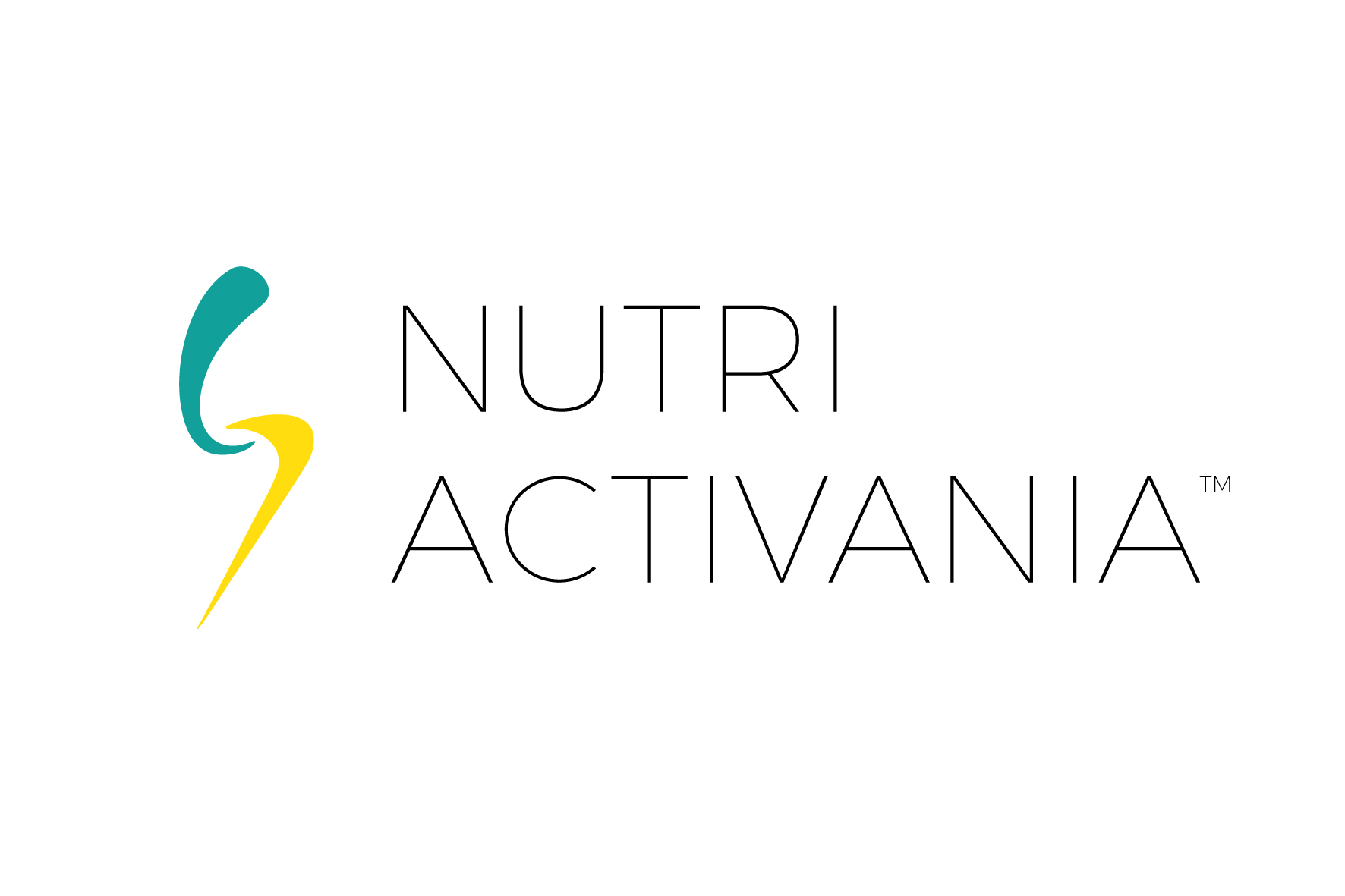In India, every celebration-be it a festival, birthday, promotion, wedding or even a small one like buying a piece of furniture- involves food, specially sweets.
Lots of people fast during the nine days of Navratri. Most fast because of faith but a few do it because they also want to lose weight. Whatever maybe one’s reason to fast, it is important to follow a healthy regimen during the Navratri fasting so as to maintain a fit body even when one returns to a regular routine.
THE HEALTHY APPROACH
1.Small Frequent Meals– Instead of eating one large meal, it is advisable to eat small meals throughout the day. This helps in maintaining the blood glucose levels. Fried foods like poorietc or those foods which have high sugar content should be avoided.
- Prevent Dehydration-It is important to keep one’s body hydrated at all times. So, coconut water, lime water, buttermilk, fruit smoothies, fresh fruit and vegetable juices, and curd should be included in meals as often as possible.
- Be Active – Continue with all the routine activities that one does regularly.
4.Carbohydrates– Foods like sabudana, bananas, boiled potatoes, sweet potatoes (boiled or roasted)etc are excellent sources of carbohydrates which can be eaten during fasting. Sweet potato, in particular is highly recommended as not only does it have a low glycemic index and sufficient fibre, it has Vitamin A too.
- Healthy Snacks– Dry fruits, nuts and fruits are the healthy snacks that one should opt for while fasting. Also, low calorie soups are advised. Honey and jaggery should replace sugar- which in any case should be limited.
If one is planning to attend any get-together like dandiya with others, the following guidelines should help.
- Fried food is to be avoided as much as possible.
- Sugar intake should be limited to minimum possible.
- At least one cooked meal should be eaten along with fruits and dairy products the rest of the day.
- Keeping one’s body hydrated at all times is essential.
- The portion size should be limited at all times.
Most important is eating light and also eating right food. Eating one big meal in a day brings about imbalance in metabolism thereby giving a bloating feeling and constipation to the person fasting. Not eating at all is even more harmful. So, one should make an effort to keep to one’s regular meal times.
Changes in Foods that can be eaten during Fasting Period are:
- One can go in for yogurt, smoothies and fruits instead of fried food.
- Instead of eating fried potatoes, which is commonly served during the fasting period, one can opt for boiled potato chaat with rock salt, black pepper and green chutney.
- Kheer can be replaced with mixed fruit custard.
- If one must consume kuttu, then have rotis instead of pooris or pakodas.
- Replace full cream milk with skimmed milk-for drinking or even for making savouries.
- Instead of having potatoes in every meal, one can eat lauki or pumpkin for a change.
- Samak riceis easy to digest and can be cooked in variety of wayssuch as pulao, idli or dosa. It is rich in fibre, B Complex, iron and magnesium. It lowers cholesterol too.
- Roasted makhanas and other nuts to replace different namkeens is a healthier option any time.
- Amaranth provides one withlots of proteinand can be cooked as porridge with milk or as namkeendalia with lots of vegetables.
- Rock salt or sendhanamakbrings down blood pressure and helps in absorption of minerals too.
- Raj gira flour is lighter than kuttu flour and low in calories too. So, one can have more of rajgira flour rotis than the kutturotis.
- Use peanuts, tamarind, cumin seeds, green cardamom, cloves, peppercorns, nutmeg, cinnamon and green chillies to your food liberally in your food to add flavour.
CONCLUSION
Fasting has beena part of our festival celebration for a long time. Besides keeping some extra time for prayers, one also tries to bring about harmony among body, mind and soul. Fasting is a way of denial of the materialistic needs. Scientifically, the change in season lowers our immunity and thus, detoxifying it with natural and high nutritive value foods like fruits, dairy products and dry fruits makes it stronger.
written by Avni Kaul – Nutritionist and Wellness Coach
- Fruits That Can Help You Lose (or Maintain Your) Weight - April 23, 2024
- What are the Potential Health Benefits of Raw Sprouts? - April 20, 2024
- Foods That Can Provide Relief in Irritable Bowel Syndrome (IBS) - April 18, 2024
